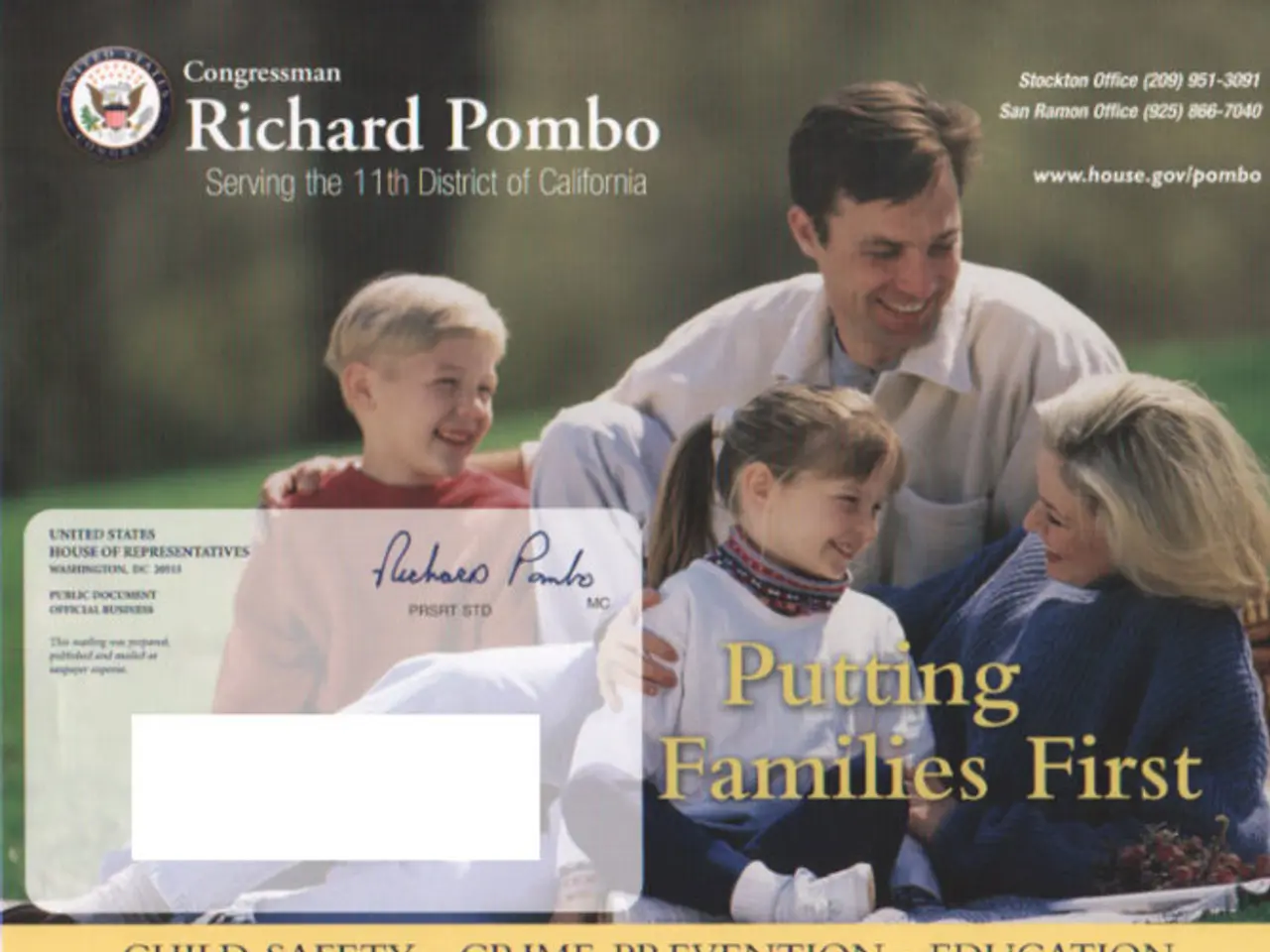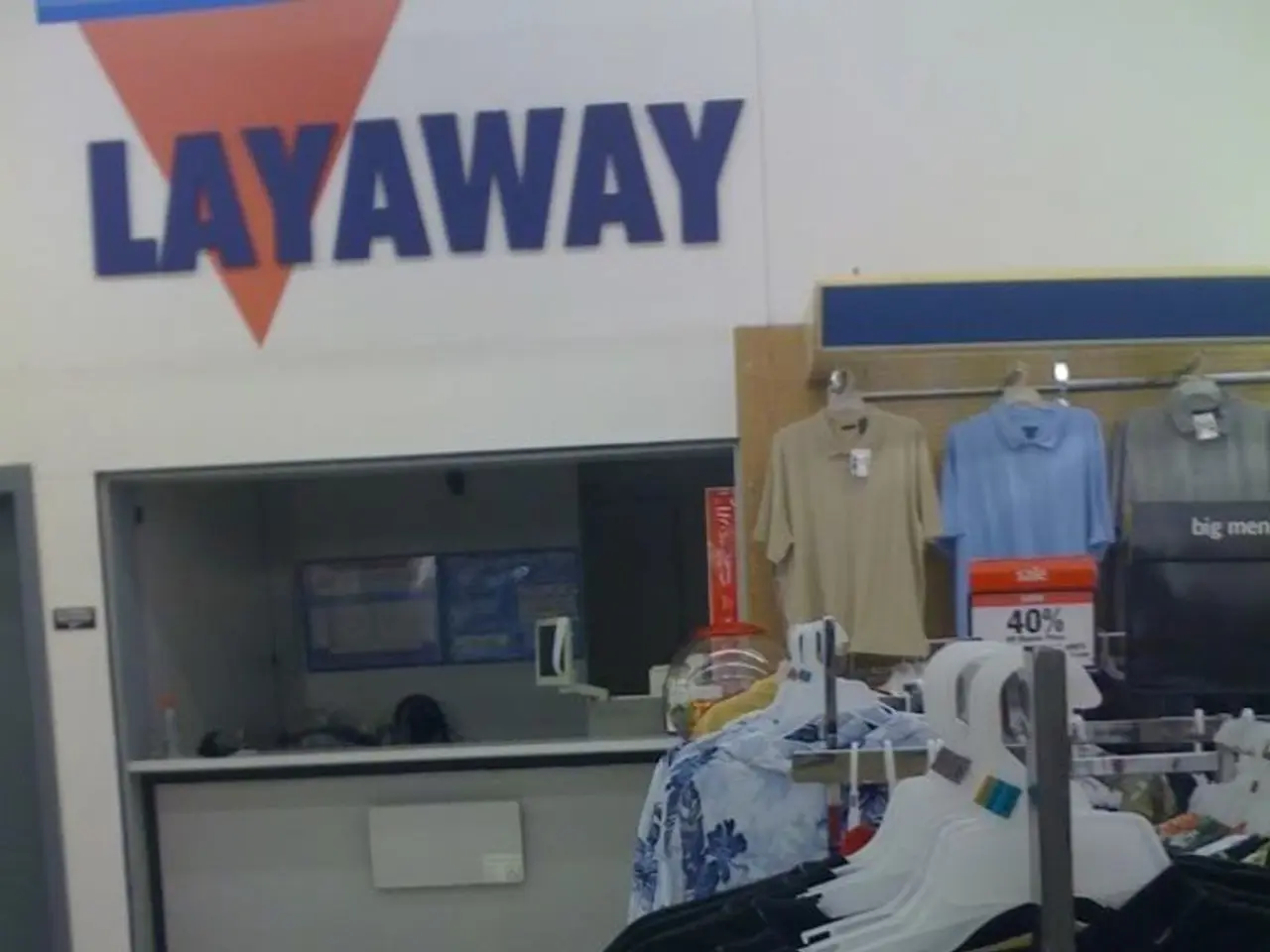Unknown Investment: Eliminate Taxes and Avoid Rent Default Risks in Real Estate
Going Beyond Traditional Rentals: Individual Investors Swarm to Bare Ownership Real Estate
By Christine Lejoux Real Estate Manager Published on , last modified at
- Copy link Link copied
Are you tired of dealing with the hassle of traditional non-professional furnished rentals? Well, you're not alone! Since the 2025 Finance Act, taxation of reselling non-professional furnished rentals has increased significantly, leading many individual investors to explore alternatives for their real estate investments.
Stanley Nahon, associate director at Renee Costes, a company offering "real estate monetization" services, has witnessed an influx of investors seeking unique options to invest in property. One such option that he promotes is investing in bare ownership.
So, what exactly is bare ownership? When you buy bare ownership of an apartment, you essentially own the walls, while another individual, known as the usufructuary, maintains the right to reside in or rent out the property. This unique arrangement offers several financial advantages for investors seeking stability, capital appreciation, and low management requirements.
Financial Perks
One of the most significant benefits of investing in bare ownership is exemption from property tax and co-ownership charges. Since the usufructuary is responsible for these costs, you won't have to worry about them. However, you will be liable for minor upgrades within the apartment and the co-ownership, while major repairs and replacements on the building structure remain your responsibility.
Moreover, since you don't collect rent from bare ownership properties, you are not subject to property income tax. Instead, you will only be liable for wealth tax on the value of your investment (which, in our example, is between 150,000 and 200,000 euros).
When the usufructuary eventually passes away, you'll acquire full ownership of the property and can then choose to lease or sell the property. Since you’re purchasing 40% to 50% of the property's value and holding for approximately 15 years before acquiring full ownership, the potential capital gains upon sale can be substantial. Additionally, the taxation of these capital gains is relatively light due to the extended holding period.
New vs. Old Properties
Investing in bare ownership can be done through two main channels: buying from retirees who desire immediate cash inflow or purchasing from developers who engage social landlords to occupy the property for 15 to 20 years. Stanly Nahon reports that there is typically more robust supply for buying bare ownership in older properties, as it takes less time for investors to gain full ownership of the property.
>> Our Service - Estimate the price of a property (immediate, free, and no obligation) See its publications Around this article
- real estate investment
- taxation
- property purchase
- Rent
- Capital Appreciation
Enrichment Data:
Overall:
Investing in bare ownership rather than non-professional furnished rentals offers various advantages, including more straightforward taxation, less management involvement, and a focus on long-term capital appreciation. Conversely, investing in non-professional furnished rentals offers potential for higher rental income but requires more active management, complex taxation, and regulatory compliance.
Taxation:
- Bare Ownership: Taxation mainly involves capital gains and any relevant property taxes during property sale or acquisitions.
- Non-Professional Furnished Rentals: Investors can claim deductions on expenses like furniture replacement and utilities; however, expenses cannot exceed rental income of the year, with excess deductible expenses carried forward to future years. Higher rental income from furnished properties can lead to higher tax liabilities compared to bare ownership.
Management Effort:
- Bare Ownership: Less intensive management is required due to fewer ongoing responsibilities, such as tenant screening, maintenance, and legal compliance.
- Non-Professional Furnished Rentals: Investing in these properties involves more active management, including tenant screening, maintenance, legal compliance, and marketing the property.
Comparison:
| Aspect | Bare Ownership | Non-Professional Furnished Rentals ||----------------------|-----------------------|------------------------------------------|| Tax Benefits | Fewer tax benefits | Possible deductions on expenses || Tax Liabilities | Lower liabilities | Higher liabilities due to rental income || Management Effort | Less intensive | More intensive management required || Income Generation | No rental income until purchased | Potential for higher rental income || Capital Appreciation | Focus on appreciation | Can appreciate while generating income || Regulatory Compliance | Less complex | More complex due to rental regulations |
In summary, investing in bare ownership offers less ongoing management and simpler taxation, while providing fewer direct rental income opportunities and a focus on capital appreciation. Non-professional furnished rentals require more active management and have complex taxation and regulatory requirements, yet can offer potential for higher rental income.
- As the market shifts towards bare ownership real estate, investors are enjoying financial perks such as exemption from property tax and co-ownership charges.
- A significant advantage of bare ownership is the avoidance of property income tax, as renters are not involved in this investment model.
- Acquiring full ownership of a property through bare ownership can result in substantial capital gains upon sale, with lighter taxation due to the extended holding period.
- The choice between investing in older properties or new ones for bare ownership depends on factors like the supply of options and the time required to gain full ownership.




